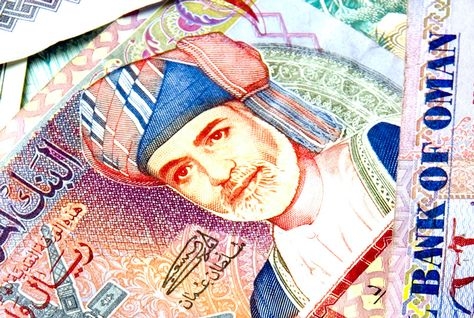Oman's total budget expenditure for financial year 2013 has been estimated at RO13bn, which is around 29 per cent higher than the announced budget expenditure for 2012, and around 12 per cent higher than the amended budget expenditure for this year.
Moreover, with total revenues estimated to rise 27 per cent to RO11.2bn, the deficit has been pegged at RO1.7bn, or five per cent of gross domestic product (GDP).
H E Darwish bin Islamil al Balushi, Minister Responsible for Financial Affairs, presented a statement on the draft state budget to the Majlis A'Shura.
According to H E Balushi's statement published by Oman New Agency, the sultanate's economy will grow seven per cent in 2013 while maintaining inflation rates at current levels.
H E Balushi pointed out that increased expenditure, estimated at RO13bn, will give a strong thrust to commercial and economic activity.
He said that allocations for the development programs of ministries and government units have been enhanced by about 30 per cent to complete ongoing infrastructure projects, such as ports, airports; road, water, sanitary drainage and infrastructure projects for the Duqm special economic zone and other economic zones.
"This would provide an investor-friendly milieu that will encourage local and foreign private investments," he said.
The minister also pointed out that efforts are on to enhance production in the oil and gas sector by increasing the allocation for exploration and digging, production and enhanced oil recovery activities. "Expenditure in the sector is expected to rise nearly 14 per cent," he added.
Total public revenues have been estimated at RO11.2bn, up 27 per cent compared to 2012. The oil and gas sector will make up for 84 per cent of total revenue, while non-oil revenue is expected to account for the remaining 16 per cent. The average oil price has been calculated at US$85 per barrel, with average daily production seen at 930,000 barrels per day.
H E Balushi said that the cautious approach adopted in the previous years has been continued with in estimating oil prices.
"This approach has proved sound in the past two years and contributed to making the Omani economy immune from the negative effects of global shocks and sharp fluctuations in oil prices."
H E Balushi added that he expects the deficit of RO1.7bn to be covered by higher-than-expected oil revenue.
Muscat Daily
26 November






















































